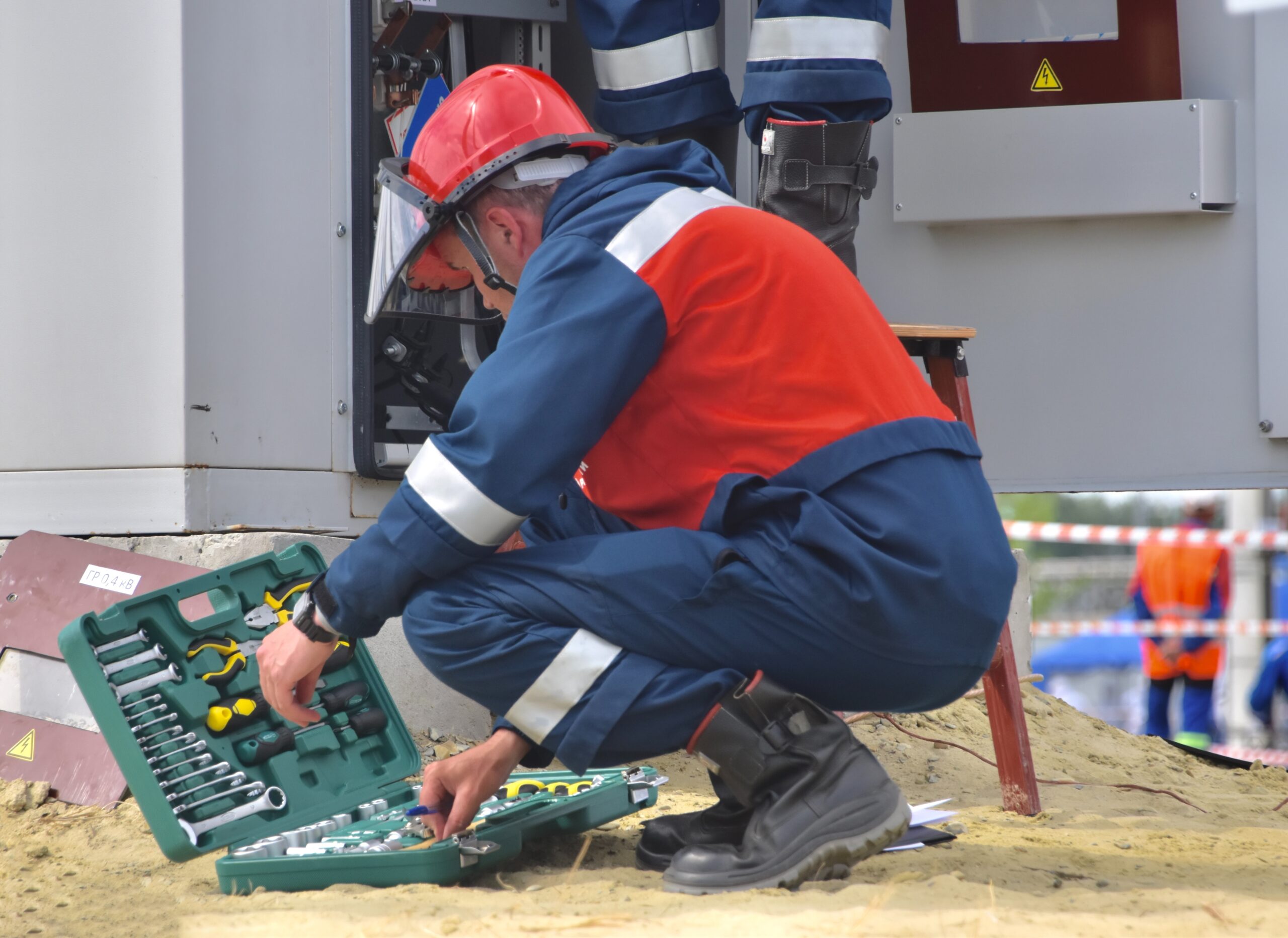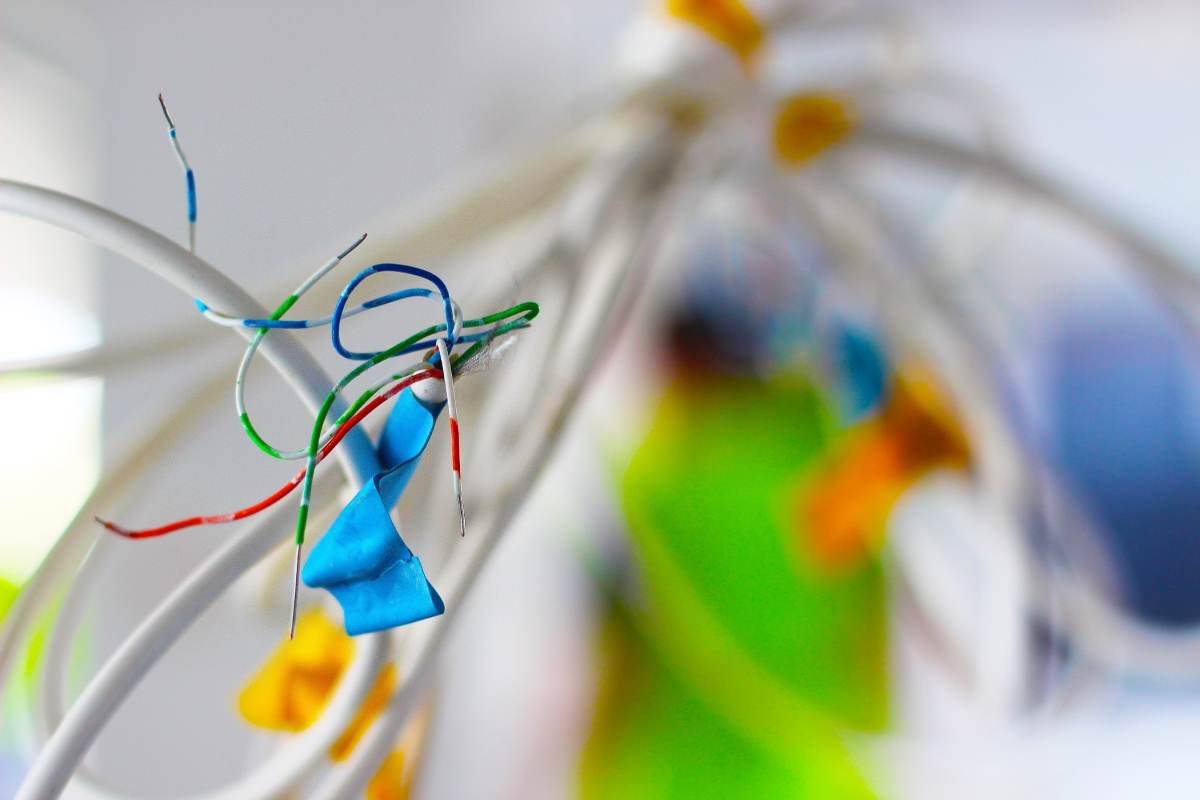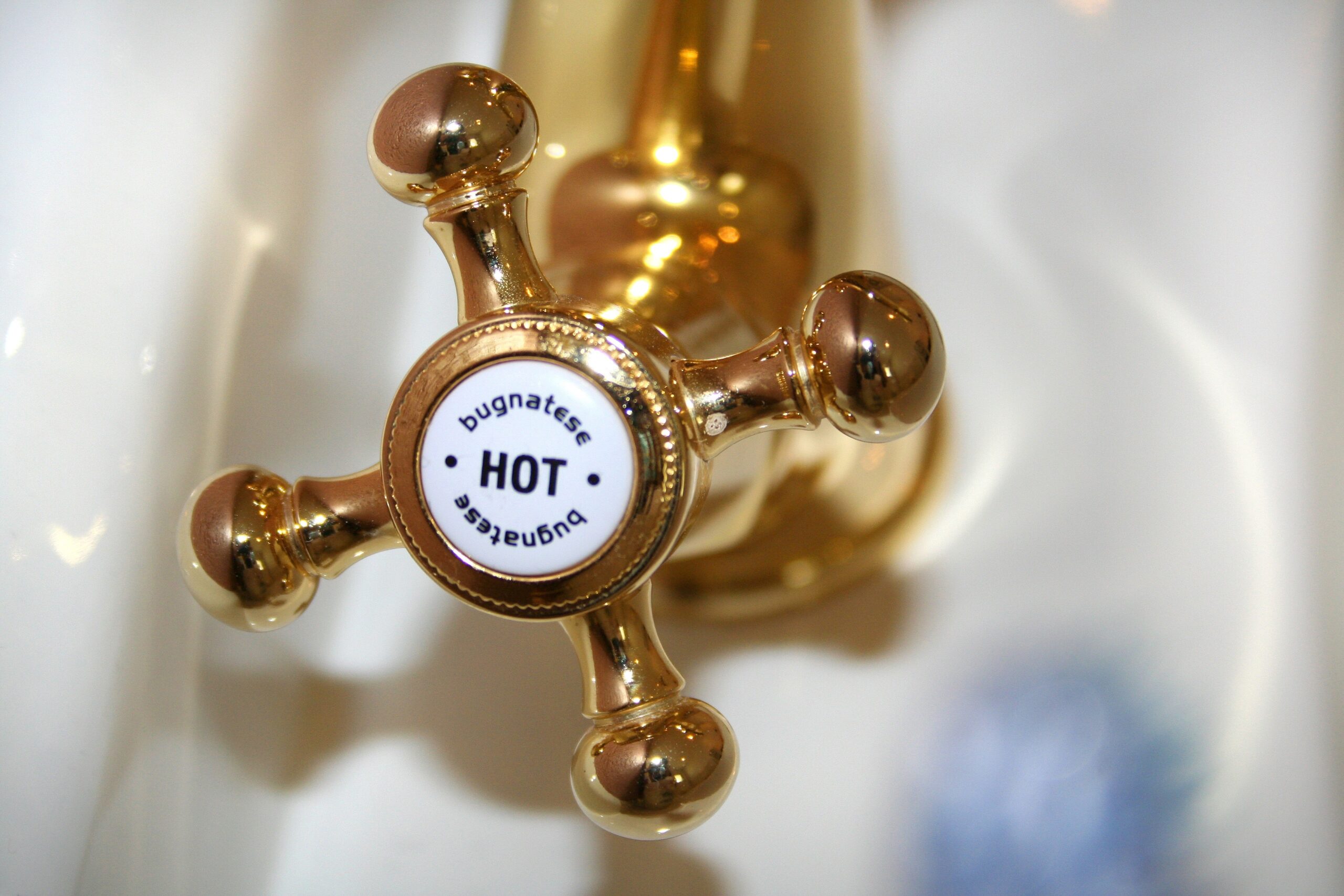Commercial building maintenance
No matter what kind of commercial building you own or run, it’s vital to maintain it carefully and correctly. If you don’t pay attention to the regular maintenance requirements, you’ll pay for it later. Ignoring problems or not even checking for them in the first place won’t make them go away.
If you want to learn more about maintaining a commercial property, you’ve come to the right place. We will cover all of the essentials and explain why they’re important. By reading all of the information below, you’ll better understand what it takes to maintain your commercial property. So read on now to learn about all the maintenance inspections you need to keep your building in top condition.
Why Do Building Maintenance Inspections Matter?
First, we need to discuss why these checks and property maintenance procedures are necessary. For a commercial space to function correctly and offer fundamental safety and security to the people working inside it each day, it must undergo regular maintenance checks. This doesn’t happen by itself.
It’s very easy to coast along and assume everything is fine. Still, you won’t know that for sure until you actively seek out problems and carry out proper checks. Now it’s time to look at the inspections and maintenance tips you should know.
The regular checks you’ll need to make
Many areas require inspections, and each area requires several different checks. Here are the areas of your property you will need to check to meet safety standards and legal requirements routinely:
- Burglar Alarms And Security
- Fire Safety (Fire Alarms And Fire Doors)
- Electrical Installations (Pat Testing, Fixed Wire Testing Etc.)
- Plumbing
- Roofing
- Heating, Ventilation And Air Conditioning (HVAC)
Checking and double-checking all alarms
You should make sure you have various types of alarms on your property. You’ll require a burglar alarm to ensure the building is secure 24 hours a day. On top of that, you should have fire alarms in place to comply with all relevant fire safety regulations. Once you have all of those alarms, you should ensure they’re regularly checked and double-checked to ensure that they’re functioning the way they’re meant to.
Fire Safety Inspections
One of the most dangerous threats that every property must strive to avoid is a fire. Several of the other inspections covered in this guide will help prevent fires and help keep you safe if one does break out. For example, fire alarms (as discussed above) will alert you to a fire. And some of the electrical testing (which we cover later) will identify potential fire risks so you can fix them before they cause an incident. In addition to these, however, you will also need regular fire door inspections. In the event of a fire, fire doors are essential to reducing the spread and containing the problem. However, over time they will suffer wear and tear. Regular checks will be able to highlight any significant damage that will prevent them from functioning correctly.
PAT Testing By The Book
Portable appliance testing is necessary for every commercial setting. It’s a vital aspect of health and safety and ensures electrical appliances are safe for use without any risk to the employees interacting with them. PAT testing has to be done carefully and by the book. A series of visual and electronic tests have to be carried out before an appliance can be passed as safe for use. These tests need to be completed regularly; it’s not enough to pass them once and then forget about them.
Plumbing And Pipe Checks
When something goes badly wrong with the building’s plumbing, you’ll know about it, and it certainly won’t be pleasant to deal with. Burst pipes or blockages can quickly get messy, making the commercial space unsafe and unusable until the problem is put right. That’s why regular plumbing and pipe checks are vital. When you carry out those checks, you can spot potential issues or minor problems before they become more severe. It is best to identify and fix the issue early to avoid potential disruptions. These checks need to be done thoroughly and carefully to ensure nothing is missed.
Annual Electrical Checks
All electrical components need to be checked annually. Faulty electrics pose several serious risks, including the threat of electrocution. Plus, faulty electrics are a fire hazard. Therefore these checks are crucial to a building’s safety. When it comes to electrics, it’s not worth taking any chances. Outlets, breaker boxes and switches should be reviewed and assessed for safety concerns and potential issues.
Things like cracks or signs of deterioration should be spotted as early as possible. It is important to rectify these issues before they worsen and cause a bigger, more serious problem. It’ll save you a lot of time and money in the future if you do. And more importantly, it can prevent a harmful (or even deadly) incident such as a fire.
Regular Roof Inspections
Roof inspections might not apply to every business as they might be a contained office in a larger building. But if you are maintaining a whole building, you’ll need to ensure the roof is regularly inspected for faults and damage. Let a professional carry out these checks because they can be risky if carried out by someone who doesn’t know what they’re doing. It’s imperative to carry out these inspections if there’s recently been a lot of stormy or generally adverse weather in your area.

Maintaining HVAC Systems
Without regular maintenance, an air conditioning system’s effectiveness can subside. They become less energy efficient – costing you more for the same results. Eventually, your HVAC system may not even be able to function to the same level at all. Furthermore, as with all maintenance inspections, HVAC servicing will identify small problems before they become bigger. If left unattended, these issues could leave you without air conditioning and a sizable repair bill. So make sure you spot them early and fix them while the issue is still small.
Ventilation and Air Quality Control
Dust fumes and airborne contaminants can cause a range of health issues. Air quality is a serious concern that needs to be properly monitored. Ongoing inspections are crucial to ensuring your ventilation minimises these risks. In some cases, such inspections are a legal requirement. The Control of Substances Hazardous to Health Regulations (COSHH), for example, requires Local Exhaust Ventilation (LEV) systems to be tested every 14 months.
Preventative Maintenance and Inspections
Property maintenance will be far easier for you if you stay on top of things. It’ll allow you to spot small problems before they get the chance to develop into much bigger ones. Each of the checks listed above will be vital for commercial property to function properly and run smoothly. Left unattended and unchecked, any one of these areas could lead to a significant problem resulting in costly fixes or even harm to yourself or others. Please don’t ignore them.
Conclusion
Property maintenance will be a lot easier for you if you stay on top of things. It’ll allow you to spot small problems before they get the chance to develop into much bigger ones. Each of the checks listed above will be vital to the smooth functioning of your commercial property, so don’t forget about them.
Our team is equipped to help you with any commercial property maintenance needs you might have so if you need any of the property checks mentioned above, don’t hesitate to get in touch with Kiasu Workforce on 0208 988 1662 or email us at enquiries@kiasugroup.co.uk
Commercial Maintenance Projects
Kiasu Workforce offers a range of commercial property maintenance services that are carried out in-house, by our own directly employed facilities management and M&E facilities teams.




